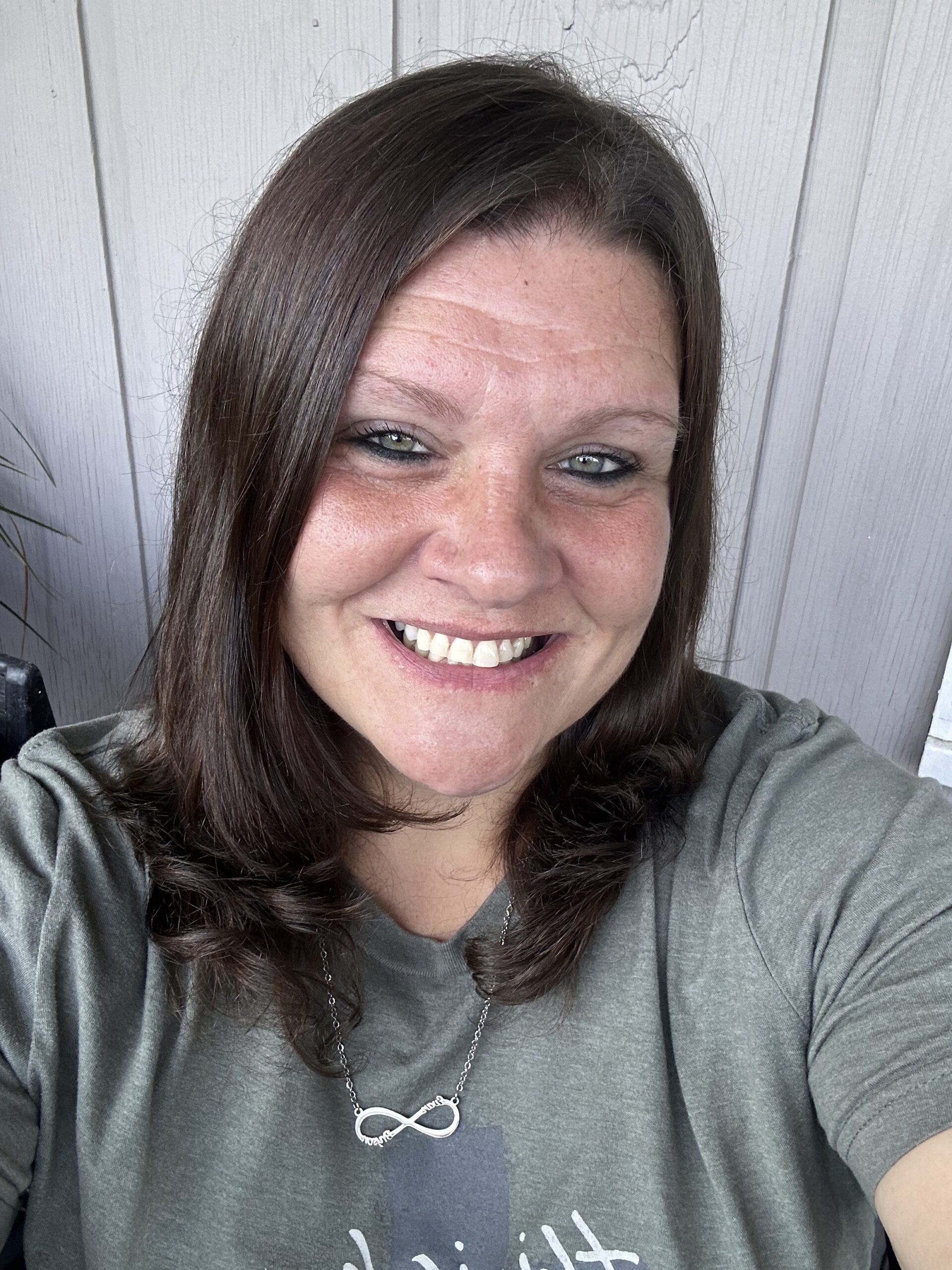At just 13, April began drinking and using drugs, paving the way for a long and difficult battle with addiction. With six DWIs and a few run-ins with the law, April’s substance use disorder spiraled deeper after her oldest son’s father tragically passed away in a four-wheeler accident in 2005.
Overcome with grief and hoping for a fresh start, she moved to Warrenton, North Carolina, with the father of her youngest son. However, she ended up losing her children to CPS. April attempted to take her own life.
“Life felt unbearably heavy.” April recalls after reflecting on her multiple attempts to end her life.
In an attempt to find a fix to the pain, April got married on Valentine’s Day, and the toxic relationship came to an end. Shortly after her marriage ended, her ex-husband’s family intervened, sending her to a treatment center.
That day, April was arrested after blacking out, striking a police officer with her car on her way to Dominos, and crashing into a stranger’s home. She spent 5 days in a county jail, where she detoxed and had a spiritual awakening.
After 8 months in the county jail, she served 12 months in prison. During her 20 months of incarceration, April dedicated herself to working the 12-Steps and began to process her grief. This laid a foundation for her recovery.
 April was released in February 2020. Seeking a stable place to further her recovery, she found Healing Transitions.
April was released in February 2020. Seeking a stable place to further her recovery, she found Healing Transitions.
“I was unsure about being there,” April admits,” but then I saw a cat that seemed happy, and I thought if he was okay, I would be too.”
April remained at Healing Transitions for a year. In February 2021, she earned Silver Chip #282. She got involved in a home group, found a sponsor, and began rebuilding her life.
“The relationships I built there are now part of my family,” April shares. “I learned how to prioritize my life and be a productive member of society. The most important role I play today is being a present and sober mother.”
Today, April has a great relationship with her sons. She works at the Women’s Fellowship Home while still holding a position in her home group. In her role at the Fellowship Home, she forms meaningful relationships with women and helps them create recovery plans.
When asked what advice she would give someone seeking help, April says, “It works if you’re ready to change. You can’t expect miracles without putting in the work.”
